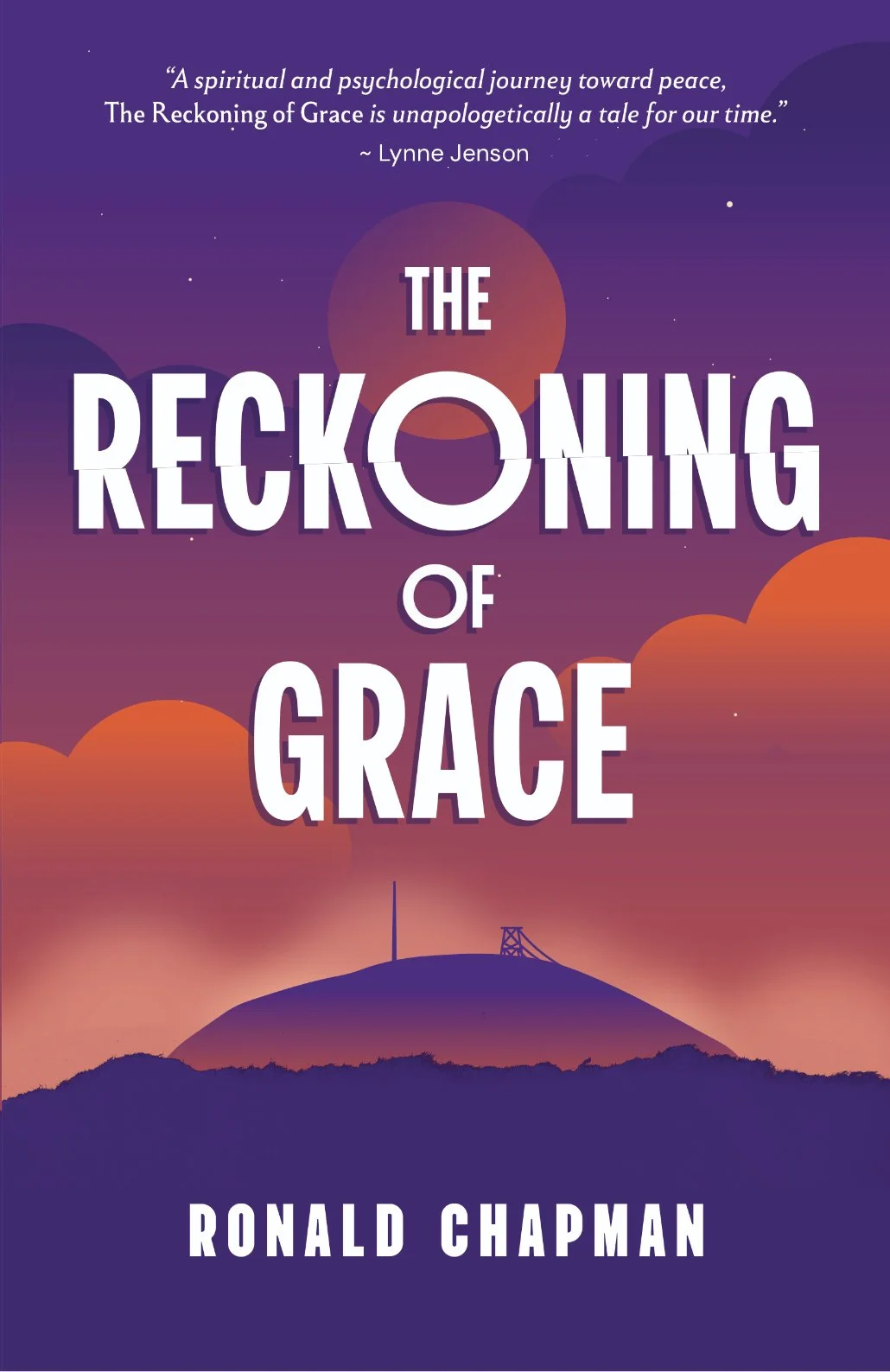Unconditional Love is an Oxymoron
/
Letting Go of Childish Things
It began innocently enough: a spiritual student discussing relationship difficulties with me and looking for guidance. Charlie was not particularly happy with Greta, the woman in his life. It wasn’t that there was an obvious problem; she was - for all intents and purposes - a good partner for him. Yet, there was a nagging sense for Charlie that something was amiss.
Charlie spoke to me at great length while I listened. Finally, he shrugged his shoulders and asked, “What do you think, Ron?”
Since he and I had a long relationship, and this was not the first time his questions had arisen, intuition told me it was time to tackle underlying issues.
“Charlie, I’m pretty sure this is not about Greta, but about your relationship to her, which means we need to look at you, not her. Are you willing to go there?”
He nodded soberly. Charlie would tell me later he knew at that moment things were getting real.
“Almost all relationship difficulties can be traced to our expectations: what we expect of the other person, what we expect of ourselves, and what we expect of the relationship itself. Difficulties are a sign that there is a mismatch between our expectations and reality. Since we should never expect reality to change, including the other person, we have no choice but to look to ourselves.”
“What if they can change though?” Charlie countered.
“Always a possibility, but mostly people are who they are, so the wisest course is to explore our expectations. You can certainly discuss these things with Greta, but expecting her to change and solve the problems you’re experiencing is abdicating your own responsibility.”
After a bit more discussion, Charlie simultaneously wrote down and explained his expectations as best he understood them. Mostly they were focused on Greta and the relationship itself. I listened as he walked me through it.
Eventually he finished, at which point I asked him. “Charlie, do you love her?”
I could see he was surprised by the question. It was the same surprise I felt years ago when my long-time mentor had this same conversation with me.
“Of course,” Charlie replied rather emphatically.
“Good. Then it’s time to let go of some holdovers from childhood. Love means no conditions placed upon Greta. It means that it is not her role to meet your needs, or to make you happy. It is not the purpose of the relationship to fulfill you. All that is your responsibility to yourself. Since Greta is apparently a pretty good fit for you, you have to shift the focus. Since you love her, and love means no conditions placed upon someone, you have two opportunities. The first is to ensure your own needs get met by you. The second is to determine what you are willing and able to do to meet her needs and wishes. Then you are focused on her fulfillment, not yours, which is what it means to love someone. If she and the relationship happen to meet your needs, that’s a plus. If you decide it can’t work for you, then it is your responsibility to walk away. Of course, when you talk honestly with Greta about all this, she has the opportunity to decide the same things.”
There was a long silence that followed. Something was happening deep inside Charlie, something was moving from head to heart.
Charlie and Greta got married. Fifteen years have passed. Charlie told me recently he felt like in that moment he was getting over some things and growing up. Then he cited to me the great passage from 1 Corinthians 13, the words that begin the passage on love, the same words so often read at weddings.
When I was a child, I spoke and thought and reasoned as a child.
But when I grew up, I put away childish things.
Then Charlie shifted to his recovery program and words he and Greta both have taken to heart across many years of sobriety.
And acceptance is the answer to all my problems today. When I am disturbed, it is because I find some person, place, thing, or situation—some fact of my life —unacceptable to me, and I can find no serenity until I accept that person, place, thing, or situation as being exactly the way it is supposed to be at this moment … unless I accept life completely on life’s terms, I cannot be happy. I need to concentrate not so much on what needs to be changed in the world as on what needs to be changed in me and in my attitudes.
Seeing True™
For our highest self to be revealed, the lower forms must be relinquished.














